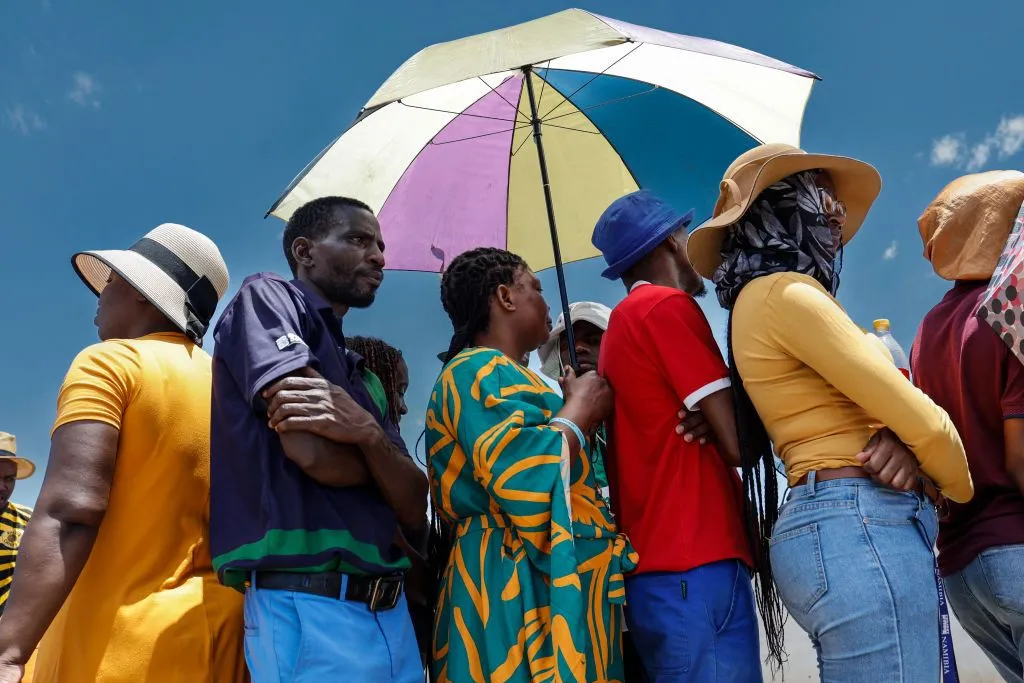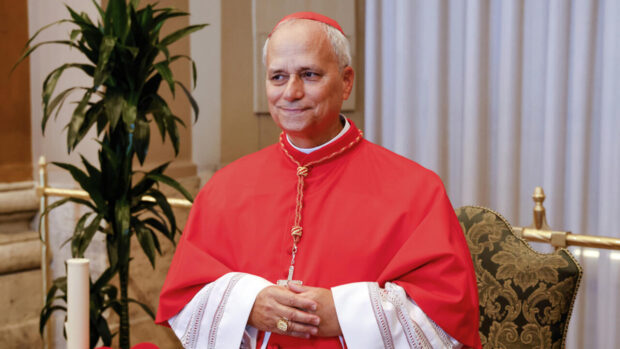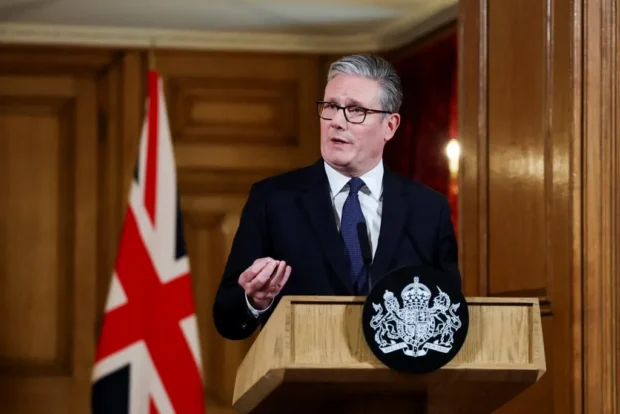
In a remarkable year of political upheaval, Africa has witnessed five transfers of power, marking the most significant democratic shift in the continent’s recent history. Ghana’s election, where Vice-President Mahamudu Bawumia conceded defeat to opposition leader John Mahama, represents the latest example of a growing trend of electoral change sweeping across the continent.
The elections of 2024 have been characterized by overwhelming defeats for long-standing ruling parties, with countries like Botswana, Mauritius, and Senegal experiencing dramatic political transformations. The Botswana Democratic Party, which had ruled since the country’s independence in 1966, was reduced from 38 parliamentary seats to just four, while Mauritius saw its governing coalition collapse entirely, losing 64 of 66 available seats.
Economic distress and public frustration have been primary drivers of these political shifts. Voters have expressed deep anger over rising living costs, high-profile corruption scandals, and governments’ failure to deliver on key promises. In Ghana, the New Patriotic Party may have dropped below 45% of the presidential vote for the first time since 1996, reflecting widespread disillusionment with the current administration.
The political landscape has been further transformed by increasingly sophisticated opposition movements. In Senegal, opposition leader Bassirou Diomaye Faye won the presidency after being released from jail just weeks before the election, defeating the incumbent government’s candidate. Similar strategies of coalition-building and electoral vigilance have been observed across the continent, with opposition parties developing more nuanced and effective political strategies.
Even in countries where ruling parties retained power, their dominance has been severely challenged. South Africa’s African National Congress was forced into a coalition government after falling below 50% of the national vote for the first time since 1994. Namibia’s ruling party experienced its worst-ever parliamentary performance, losing 12 of its 63 seats.
Analysts argue that this wave of democratic change demonstrates Africa’s significant democratic resilience. Despite global trends towards authoritarianism, African citizens have shown a remarkable commitment to holding governments accountable through democratic processes. Civil society groups, opposition parties, and engaged citizens have mobilized to demand economic and political transparency.
The implications of these elections extend beyond individual countries. They suggest a broader continental shift towards more competitive, multiparty democracies. While challenges remain, with some countries like Chad and Rwanda still facing accusations of electoral manipulation, the overall trend points to a more dynamic and responsive political environment.
As the continent looks towards future elections, including Malawi’s upcoming vote, the lessons of 2024 are clear. Governments will need to address economic challenges, combat corruption, and demonstrate genuine commitment to democratic principles to maintain public support. Africa has emerged as a surprising beacon of democratic hope in a global landscape often characterized by democratic retreat.
















Be the first to leave a comment